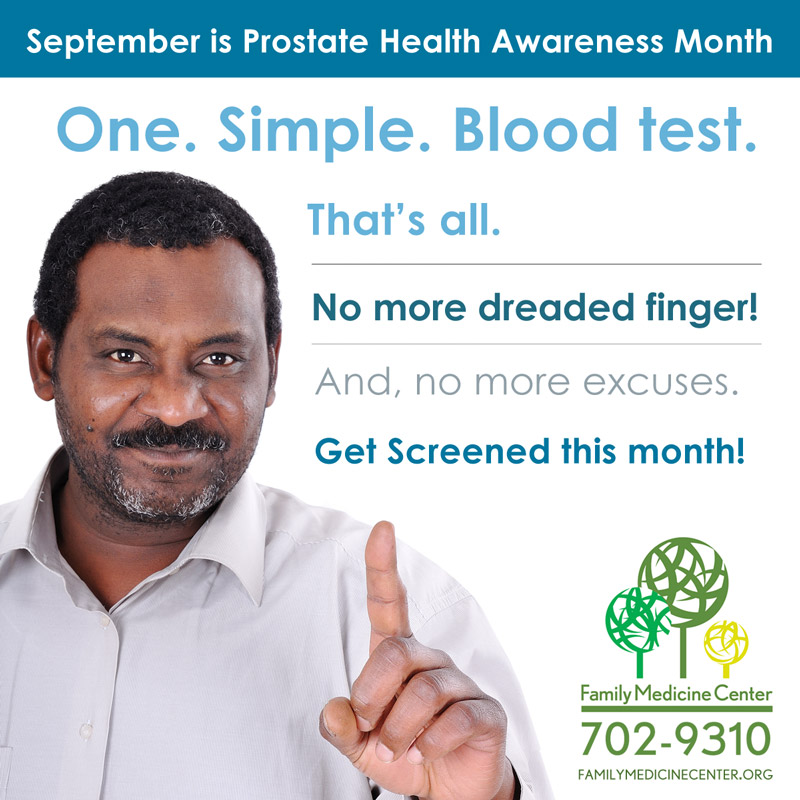 September is Prostate Cancer Awareness Month. The Bahamas as a nation is trying to deal with a natural disaster of epic proportions.
September is Prostate Cancer Awareness Month. The Bahamas as a nation is trying to deal with a natural disaster of epic proportions.
Sadly, prostate cancer continues to be a national health disaster, with hundreds of Bahamian men being diagnosed every year with advanced stage, incurable prostate cancer, or dying needlessly from the disease.
Prostate cancer will develop in one in six Bahamian men in their lifetime. The Bahamas has the 14th highest incidence of prostate cancer in the world.
Early prostate cancer diagnosis can lead to 98 percent prostate cancer specific survival at five years. Early detection is imperative for the best opportunity for cure. Prostate cancer is a very curable disease when detected at a stage when the cancer is confined to the prostate.
New promising research recently published in the well respected British Journal of Urology International has revealed that a simple urine test could diagnose prostate cancer as well as detect aggressive prostate cancer cases that are eight times more likely to require treatment five years earlier than other routinely used diagnostic tests. Researchers in the UK developed an experimental urine test called the PUR (prostate urine risk) that can determine who will and who will not likely require prostate cancer treatment within the first five years of prostate cancer diagnosis.
This promising urine test can potentially be groundbreaking in the management decisions for men diagnosed with very early stage clinically insignificant prostate cancer, and therefore offers active surveillance as a treatment option. Active surveillance is an often safely employed treatment option for men diagnosed with low-volume, early prostate cancer that has no clinical significance.
Active surveillance for prostate cancer involves closely monitoring a patient until the disease upstages in terms of volume and or pathological stage or PSA numbers that would dictate implementing curative management.
The PUR urine test can potentially identify the subset of early prostate cancer patients that would require curative treatment within the first five years of diagnosis.
Many patients on active surveillance can safely be monitored for as long as eight to 12 years before they require curative treatment.
The most commonly used diagnostic and surveillance tool for prostate cancer is the Prostate Specific Antigen (PSA) blood test.
Early prostate cancer diagnosis can lead to 98 percent prostate cancer specific survival at five years. Early detection is imperative for the best opportunity for cure. Prostate cancer is a very curable disease when detected at a stage when the cancer is confined to the prostate.
Unfortunately PSA values are not highly specific for prostate cancer. PSA values can be elevated in cases of infection of the prostate, incomplete bladder emptying or a very large noncancerous prostate, benign prostate hyperplasia. A high PSA value does not necessarily mean prostate cancer is present. Conversely a low or normal PSA value does not mean that prostate cancer cannot be present; but statistically it is unlikely.
PSA is a protein produced by the cells of the prostate. In the case of prostate cancer, there is a breakdown of the basement membrane and there is a leak of PSA into the bloodstream. The normal range for PSA prostate specific antigen is 0 to 4 ng/ml.
PSA velocity is the change in the PSA value over a specific time interval. A high PSA velocity in itself is a warning sign for possible prostate cancer even if the PSA values are all in the normal range.
PSA density calculates the PSA per gramme of prostate so that high PSA values secondary to only large noncancerous prostates can be adjusted in terms of the risk for prostate cancer.
Free/total PSA ratio is calculated by laboratories when the PSA value is between 4 to 10 ng/ml; which is above the normal range. The lower the ratio, the higher the likelihood of prostate cancer being present.
Prostate cancer antigen 3 PCA3 is a non-coding mRNA protein that is elevated in 95 percent of prostate cancer tissues.
There are several blood and urine bioassay prostate cancer diagnostic tests under active research and development.
Bahamian men are at great risk of developing prostate cancer in their lifetimes due to African ancestry, obesity, relatively high alcohol intake, high dairy product intake and the BRCA 2 gene mutation found in the some of the populace.
In Great Britain, one in four men of African or Caribbean ancestry will develop prostate cancer in their lifetime.
All Bahamian men need to start prostate cancer surveillance at the age of 40 years old.
Men with a strong family history of prostate cancer with more than two first degree relatives developing prostate cancer earlier than the age of 50 years old, should start prostate cancer screening at age 35 years old.
Seek confidential, compassionate and comprehensive prostate cancer surveillance and treatment.
Article written by Dr. Greggory Pinto
Published in The Tribune: September 10, 2019
Read more about Dr. Greggory Pinto


